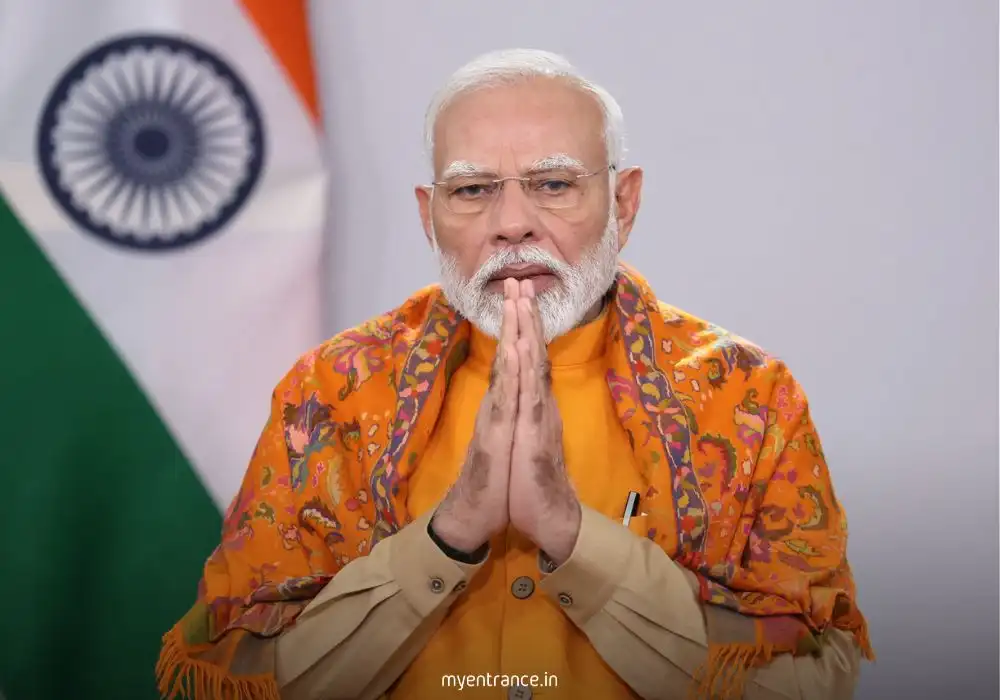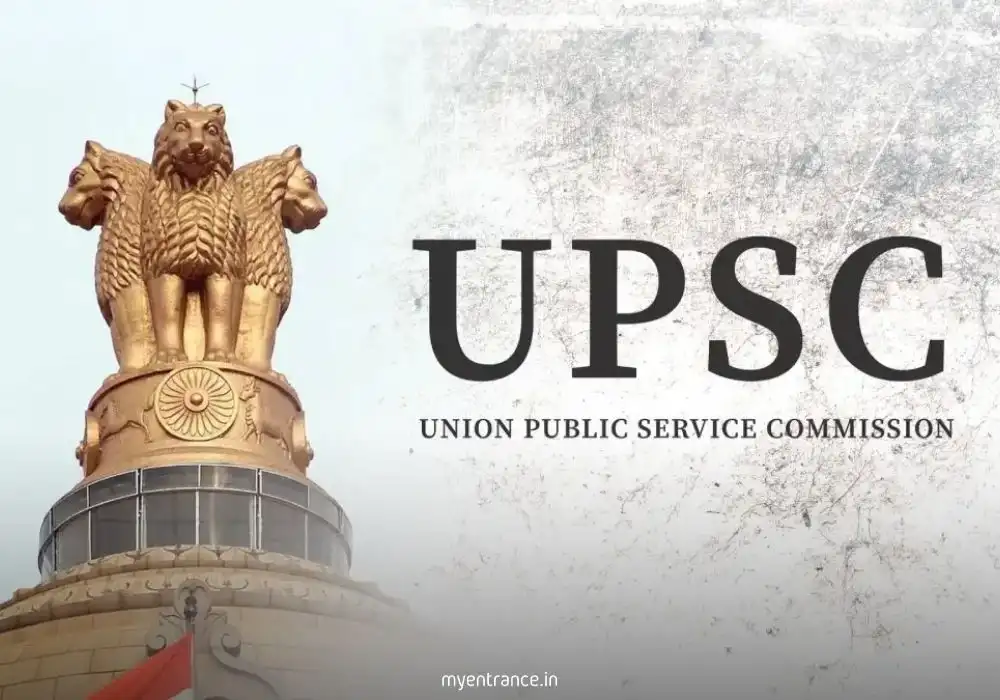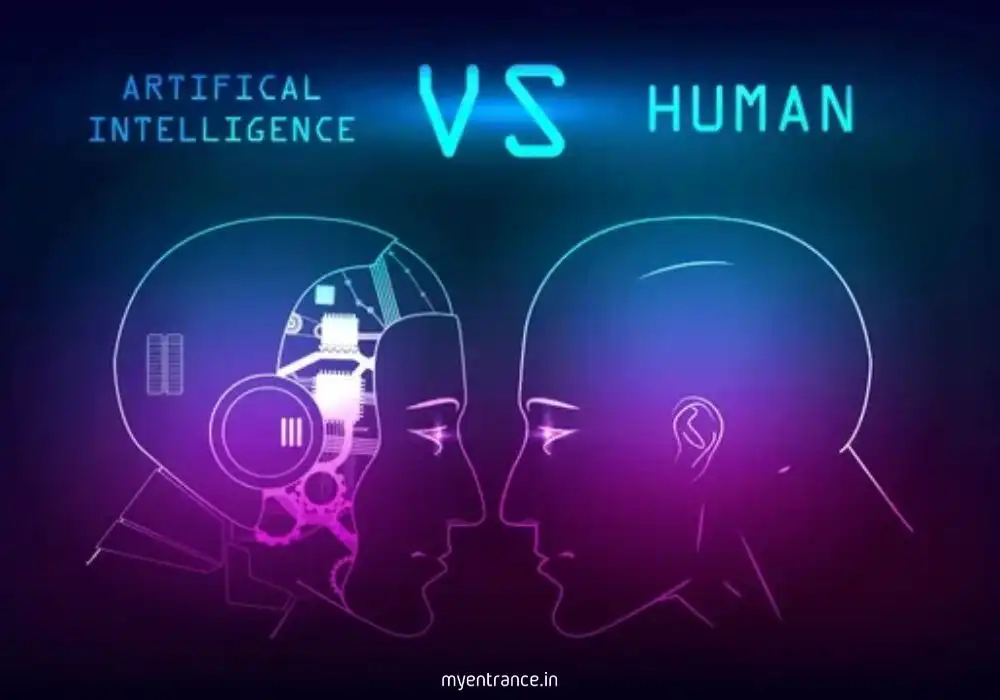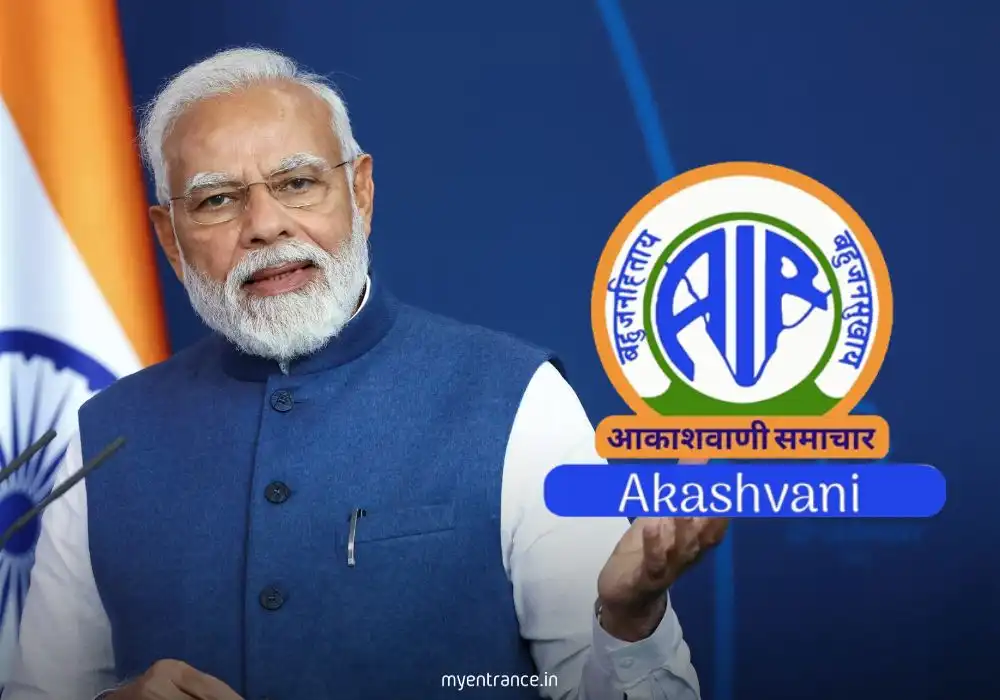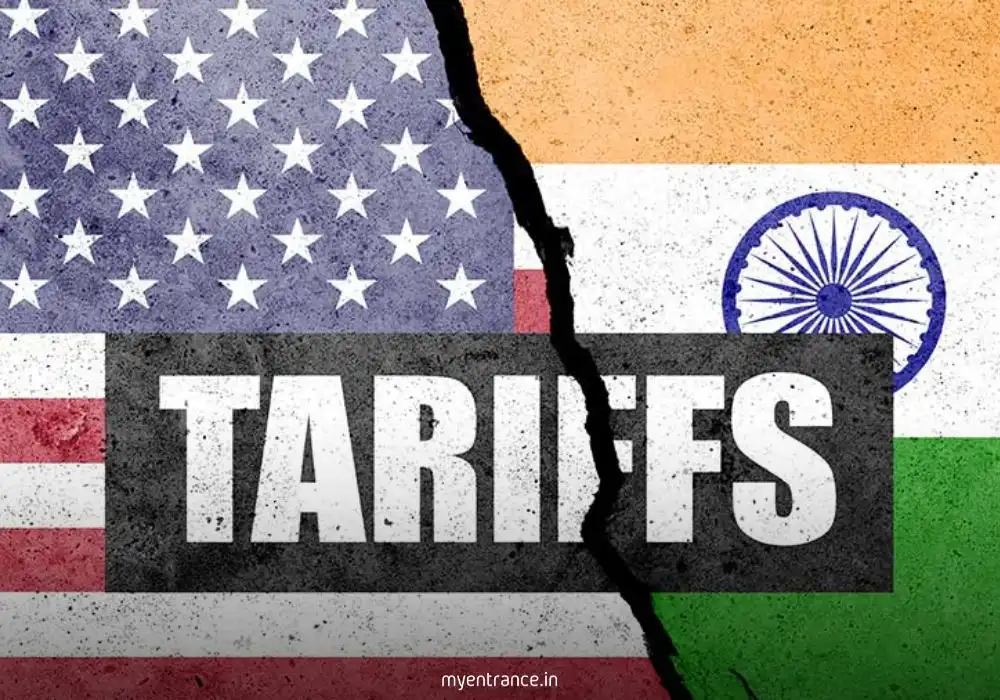Translate Language
Daily Current Affairs Quiz and Key Pointers: 12-08-2025
Today’s current affairs cover pivotal global and national developments, from historical reflections on the Hiroshima bombing to escalating tensions in the Israel-Gaza conflict. Key strategic partnerships, like India’s defense deal with the Philippines and tech collaboration with the US, highlight shifting geopolitical dynamics. Additionally, India’s diplomatic balancing act between the EU and US offers insights into contemporary foreign policy challenges.
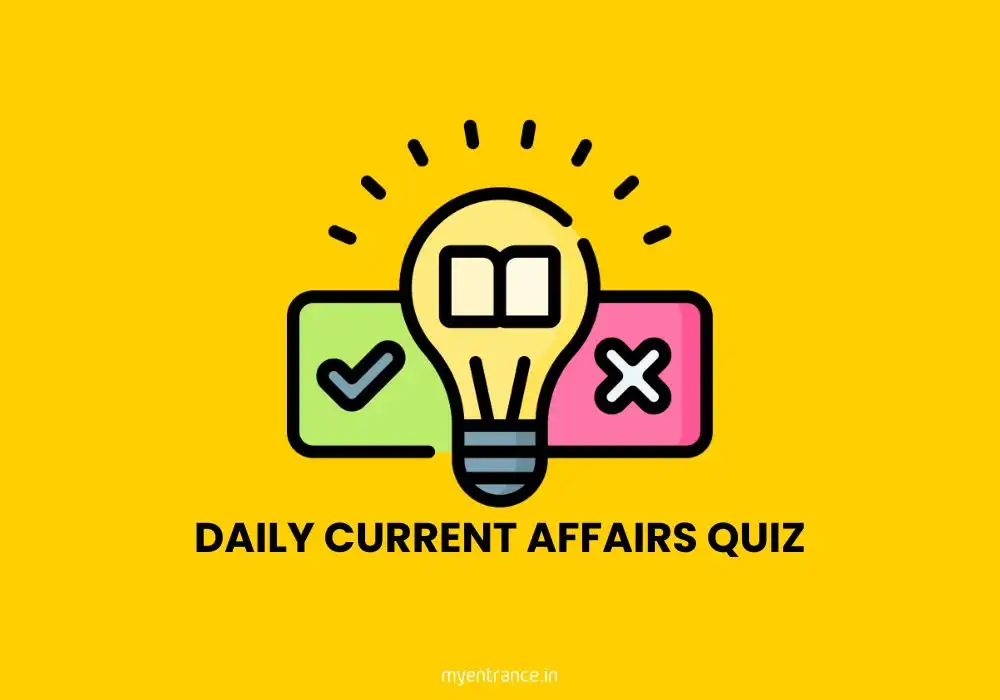
1. Hiroshima Bombing: A Pivotal Moment in World History & Geopolitics
The atomic bombing of Hiroshima in 1945 remains one of the most debated events in modern history. While some view it as a necessary step to end World War II, others argue it marked the beginning of nuclear deterrence and Cold War tensions. The bombing reshaped global power dynamics, leading to arms races and non-proliferation treaties. Today, Hiroshima stands as a symbol of peace, advocating for a nuclear-free world.
Key Questions for Exam Prep:
Q: What were the immediate and long-term consequences of the Hiroshima bombing?
A: Immediate: Massive destruction, Japan’s surrender. Long-term: Nuclear arms race, Cold War tensions, and global disarmament efforts.
Q: How did the Hiroshima bombing influence international relations?
A: It led to the Cold War, nuclear deterrence policies, and treaties like NPT.
Q: Why is Hiroshima significant in today’s geopolitical discourse?
A: It symbolizes anti-nuclear movements and promotes global peace initiatives.
Read More: Hiroshima Bombing: Strategic Show of Strength or Turning Point?
2. Israel-Gaza Conflict: Escalation, Annexation, and Failed Diplomacy
The Israel-Gaza conflict continues to intensify as ceasefire negotiations collapse, with Israel considering annexation plans in disputed territories. The humanitarian crisis worsens, drawing global condemnation. This conflict remains critical for exams, covering international relations, human rights, and Middle East geopolitics.
Key Questions for Exam Prep:
Q: What are the primary reasons behind the recent escalation in the Israel-Gaza conflict?
A: Failed peace talks, territorial disputes, and political instability.
Q: How has the international community responded to the crisis?
A: Calls for ceasefire, UN resolutions, and humanitarian aid demands.
Q: Why is this conflict significant for UPSC/PSC aspirants?
A: It covers geopolitics, international law, and human rights issues.
Read More: Israel-Gaza Crisis: Annexation Plans & Ceasefire Failures
3. India & Philippines Deepen Ties: Brahmos Missile Deal & South China Sea Strategy
India’s defense partnership with the Philippines has strengthened with the Brahmos missile deal, countering China’s influence in the South China Sea. This strategic move enhances India’s role in Indo-Pacific security and boosts defense exports, a key topic for competitive exams.
Key Questions for Exam Prep:
Q: What is the significance of the India-Philippines Brahmos deal?
A: Enhances defense ties, counters China’s aggression, and boosts India’s arms exports.
Q: How does this partnership impact South China Sea geopolitics?
A: Balances China’s dominance and supports regional security.
Q: Why is this relevant for SSC/UPSC aspirants?
A: Covers defense diplomacy, Indo-Pacific strategy, and India’s global role.
Read More: India-Philippines Strategic Partnership: Brahmos & South China Sea
4. India & US Forge Stronger Tech Alliance: AI, Semiconductors & Defense
India and the US are expanding collaboration in AI, semiconductors, and defense technology, reducing dependency on China. This partnership is crucial for India’s tech self-reliance and global strategic positioning, a key area for competitive exams.
Key Questions for Exam Prep:
Q: Which sectors are prioritized in India-US tech cooperation?
A: AI, semiconductors, quantum computing, and defense tech.
Q: How does this partnership counter China’s tech dominance?
A: Diversifies supply chains and enhances innovation independence.
Q: Why is this important for exam preparation?
A: Covers India’s tech diplomacy and global strategic alliances.
Read More: India-US Tech Cooperation: Strategic Dominance
5. India’s Balancing Act: Navigating EU-US Relations Amid Geopolitical Tensions
India faces diplomatic challenges in balancing relations with the EU and US, especially on trade, Russia ties, and climate policies. This delicate diplomacy is crucial for maintaining strategic autonomy while engaging with global powers.
Key Questions for Exam Prep:
Q: What are the key challenges in India-EU-US relations?
A: Trade disputes, Russia sanctions, and climate policy differences.
Q: How is India managing its strategic autonomy?
A: Multi-alignment, independent foreign policy, and bilateral engagements.
Q: Why should aspirants study this topic?
A: Covers India’s foreign policy, global diplomacy, and economic strategy.
Read More: India’s Diplomatic Strategy with EU & US
Get 3 Months Free Access for SSC, PSC, NIFT & NID
Boost your exam prep!
Use offer code WELCOME28 to get 3 months free subscription. Start preparing today!

